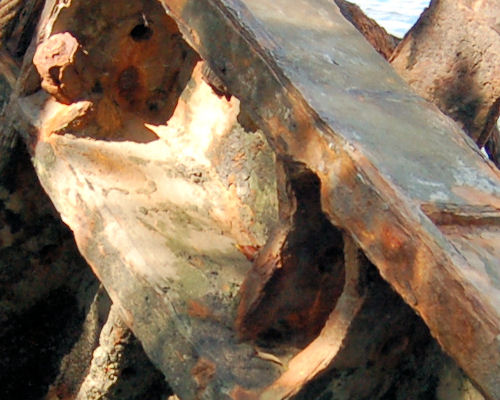Durability of fasteners
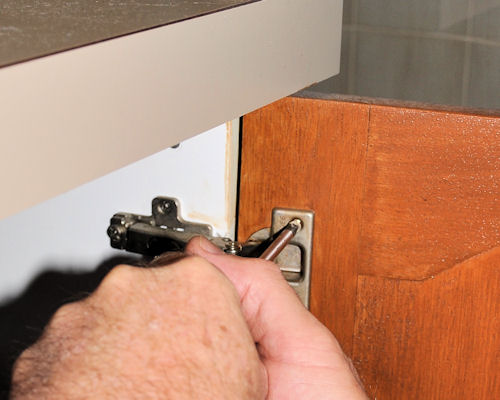 Audio for slide 2 (mp3 |6|KB)
Audio for slide 2 (mp3 |6|KB)
In these instances, you need to make sure that the fasteners will be durable enough to resist corrosion.

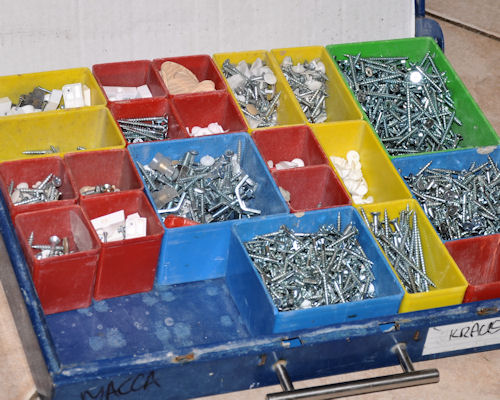 Audio for slide 3 (mp3 |6|KB)
Audio for slide 3 (mp3 |6|KB)
There are also particular metals, such as stainless steel, that are very durable in their own right.
In the end, you need to strike a balance between the cost of the fastener and its ability to do the job expected of it over the lifetime of the installation.
Below are the main finishes you're likely to use.

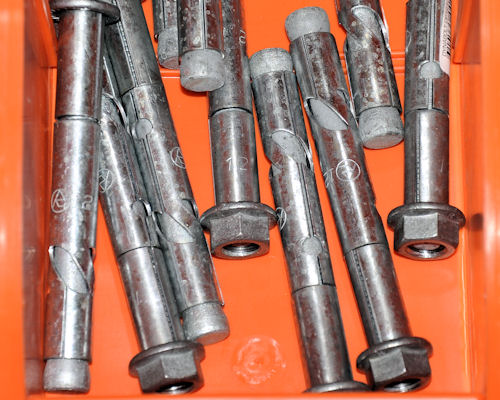 Audio for slide 4 (mp3 |6|KB)
Audio for slide 4 (mp3 |6|KB)
Hot dipped galvanising
Galvanising is the process of coating a steel fastener with zinc by passing it through a bath of molten zinc. The finished surface has a dull grey look with a 'spangle' pattern. Hot dipped gal fasteners are very durable, and are used in areas of high exposure to corrosive agents, or when long term reliability is critical.

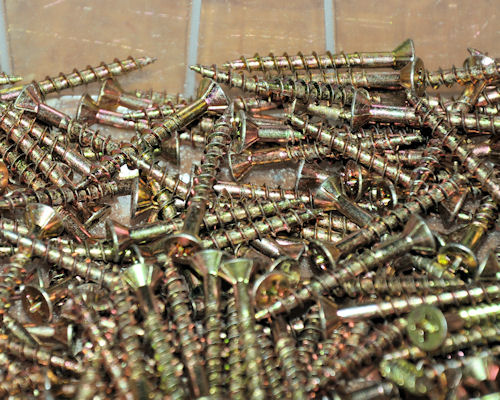 Audio for slide 5 (mp3 |6|KB)
Audio for slide 5 (mp3 |6|KB)
Zinc plating
Zinc plating is a cheaper process than hot dipped galvanising, but the coating is much thinner. The steel is immersed in a zinc salt solution and an electrical current is applied through a process called 'electrolysis'. Zinc plated fasteners are generally bright silver or gold in colour, and are suitable for most internal applications.

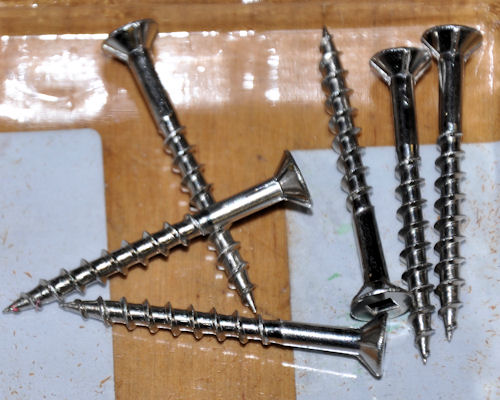 Audio for slide 6 (mp3 |6|KB)
Audio for slide 6 (mp3 |6|KB)
Stainless steel
Stainless steel fasteners don't require a coating at all, because the steel alloy is already extremely resistant to corrosion. They are also much more expensive than most other fasteners. Although they're not normally needed for internal applications, they are used in high exposure conditions, such as around spas and saunas.

Learning activity
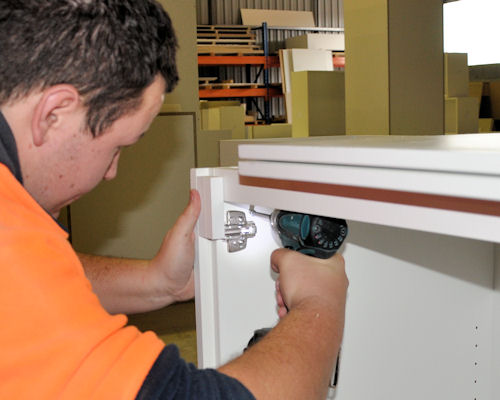 Audio for slide 7 (mp3 |6|KB)
Audio for slide 7 (mp3 |6|KB)
Most of the bolts, screws and other fasteners you use at work are probably zinc plated. But there may be times when you need to use hot dipped gal or stainless steel fasteners. You may even use other types of plating from time to time, such as nickel, chrome or molybdenum.
List some examples of fasteners you use at work. Beside each one state the metal (or other material) it's made from as well as its protective coating (if there is one). Try to choose fasteners that have a range of different materials and coatings. Share your answers with your trainer and other learners in your group.



